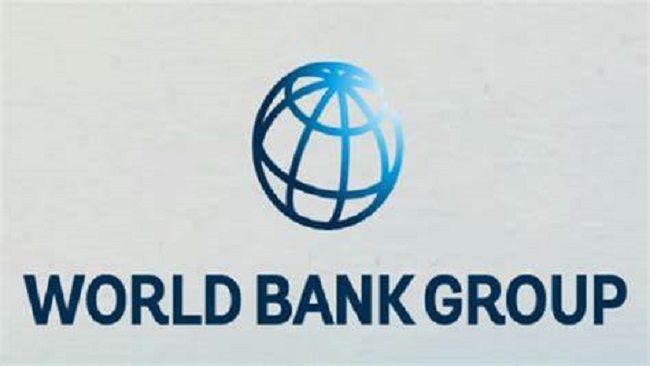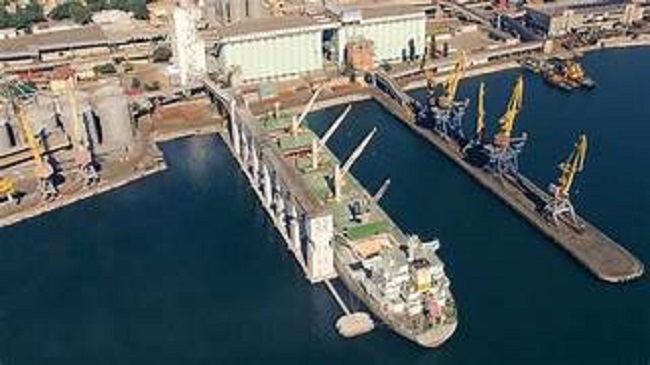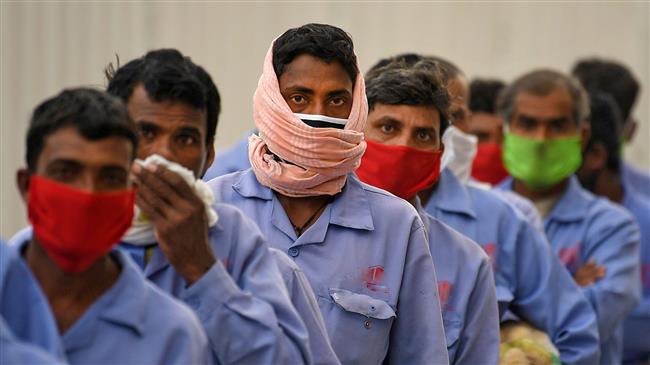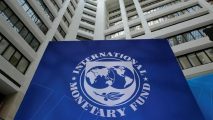4, October 2023
World Bank Expects Solid Growth but Risky Outlook for South Asia 0
South Asia is expected to grow by 5.8% this year—higher than any other developing country region in the world, but slower than its pre-pandemic pace and not fast enough to meet its development goals, says the World Bank in its twice-a-year regional outlook.
Released today, the latest South Asia Development Update, Toward Faster, Cleaner Growth forecasts growth to slow to 5.6% in 2024 and 2025, as post-pandemic rebounds fade and a combination of monetary tightening, fiscal consolidation, and reduced global demand weigh on economic activity.
Growth prospects are subject to downside risks, including due to fragile fiscal positions. Government debt in South Asian countries averaged 86% of GDP in 2022, increasing the risks of defaults, raising borrowing costs, and diverting credit away from the private sector. The region could also be affected by a further slowdown in China’s economic growth and natural disasters made more frequent and intense by climate change.
“While South Asia is making steady progress, most countries in the region are not growing fast enough to reach high-income thresholds within a generation,” said Martin Raiser, World Bank Vice President for South Asia. “Countries need to urgently manage fiscal risks and focus on measures to accelerate growth, including by boosting private sector investment and seizing opportunities created by the global energy transition.”
In India, which accounts for the bulk of the region’s economy, growth is expected to remain robust at 6.3% in FY23/24. Output in Maldives is expected to grow by 6.5% in 2023 and in Nepal is expected to rebound to 3.9% in FY23/24, thanks to the strong rebound in tourism in both countries. Several countries in the region are still suffering from the aftermaths of recent currency crises. In Bangladesh, growth will slow to 5.6% in FY23/24. In Pakistan, growth is forecast at only 1.7% in FY23/24, below the rate of population growth. Sri Lanka is showing signs of recovery after a severe recession and the economy is expected to grow by 1.7% in 2024, after contracting by 3.8% in 2023.
Constrained by fiscal challenges, governments have limited room to help their economies fully capitalize on the global energy transition. Though often seen as an additional burden for developing countries, for South Asia, the energy transition could present an opportunity for future growth and job creation—if it leads to more investments by firms, cuts air pollution, and reduces the reliance on fuel imports. Even with limited fiscal space, countries can encourage firms to adopt more energy-efficient technologies through market-based regulations, information campaigns, broader access to finance, and reliable power grids.
“South Asia’s energy intensity of output is about twice the global average and the region lags in the adoption of more advanced energy-efficient technologies,” said Franziska Ohnsorge, World Bank Chief Economist for South Asia. “Improvements in energy efficiency, in the context of a rapid global energy transition, are an opportunity for South Asia to make progress toward both environmental and economic goals.”
The energy transition will also have significant impacts on South Asia’s labor markets. Almost one-tenth of the region’s workers are employed in pollution-intensive jobs. These jobs are concentrated among lower-skilled and informal workers who are more vulnerable to labor market shifts. While the energy transition can help create more new jobs, it could also leave some workers stranded in declining industries. The report recommends a wide range of policies to protect such workers, including providing better access to high-quality education and training, finance, and markets; facilitating worker mobility; and strengthening social safety nets.
Culled from the World Bank
























14, October 2023
IMF agrees funding boost, extra Africa board seat 0
The IMF announced Saturday member nations agreed to increase their contributions to the global lender and give sub-Saharan Africa a third seat on its executive board at its first meetings on the continent since 1973.
Boosting the International Monetary Fund’s quota resources and giving Africa a bigger voice within the institution were among the priorities of the week-long talks of the IMF and World Bank in Marrakech, Morocco.
Spanish Economy Minister Nadia Calvino, who chairs the IMF Financial Committee, said at a press conference that there was “agreement on a meaningful increase of quotas by the end of the year.”
The quotas, which are based on the size of a country’s economy, determine how much funding a nation should provide to the IMF, its voting power and the maximum amount of loans it can obtain.
IMF chief Kristalina Georgieva and World Bank President Ajay Banga used this week’s meetings to urge members to step up funding so their institutions can better support nations hit by poverty and climate change.
The conflict between Israel and Palestinian militant group Hamas has raised concerns about its impact on already weak global economic growth in the wake of the Ukraine war, elevated inflation and high interest rates.
Georgieva said the agreement on quotas was “very heartwarming.”
The goal, she said, was “to make the fund strong financially in terms of our ability to step up should we be hit by yet another shock.”
Asked when the IMF will change its voting shares, Georgieva said: the “membership has agreed that this is going to be the next step and that there will be a clear pathway and plan to go there.”
Giving countries like China, which is now the world’s second biggest economy, a larger voting share has been a controversial issue.
China has a 6.08 percent share of votes compared to 6.14 percent for Japan, the third global economy.
“At some point, a revision of the IMF’s quota distribution will be inevitable,” French central bank governor Francois Villeroy de Galhau said in Marrakesh on Wednesday.
“But the emerging countries that will benefit from this — including China — will have to accept common rules of the game,” he said.
While voting shares were not changed, the IMF agreed to expand its executive board from 24 to 25 members to give Africa another seat.
Sub-Saharan Africa will now have three executive board members instead of two.
“I will finish with what warmed my heart the most: uniform support for a third African chair on our executive board,” Georgieva said.
“That is so important for meetings that take place on African soil,” she said.
“Despite all the difficulties I can only praise our members for finding this pathway to solidarity on which hundreds of millions of people depend.”
Source: AFP